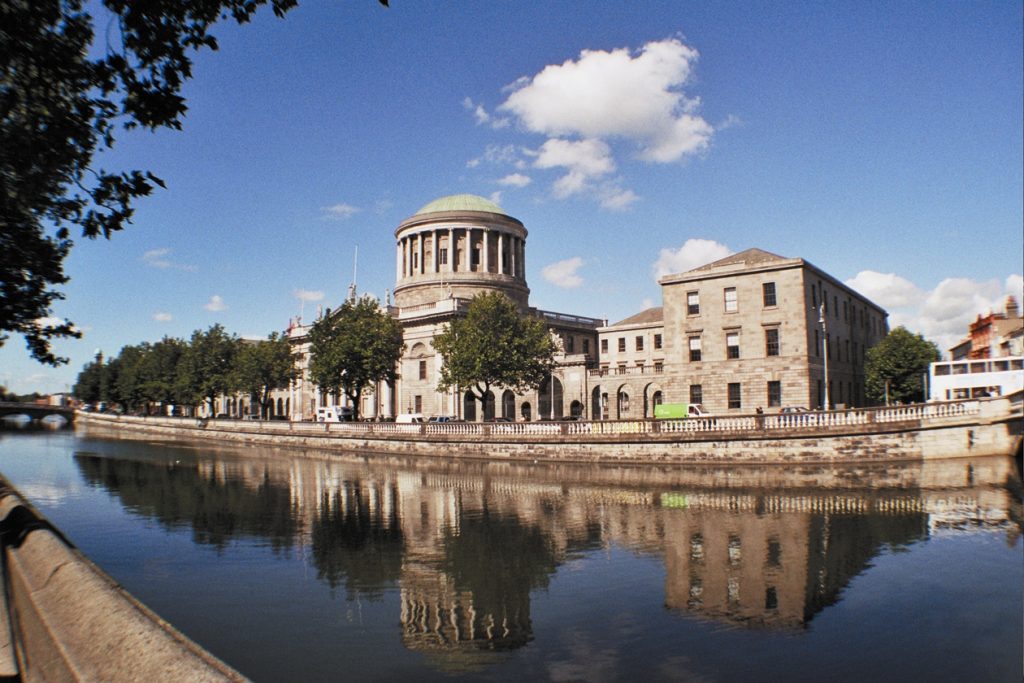Most people are aware that the cost of legal proceedings, particularly litigation proceedings in the High Court, are incredibly expensive.
I have previously written about certain tools you can use to compromise or settle legal proceedings: Calderbank letter and lodgments. I have also written about the use of ‘without prejudice’ communications to attempt to settle a claim and avoid the attendant legal costs.
A recent High Court decision in O’Reilly & anor -v- Neville & ors [2018] IEHC 228 by J. Binchy shows the danger of ignoring reasonable open offers-that is, offers made in open correspondence.
The facts of the case- O’Reilly & anor -v- Neville & ors
The case involved Mr. and Mrs. O’Reilly suing the defendants for breach of contract arising from defects in a dwellinghouse purchased by the O’Reillys from the defendants. J. Binchy, in relation to the substantive action, held as follows:
In summary, I made an order for specific performance, in favour of the plaintiffs of a building agreement entered into between the parties on 30th March, 2005 (the “building agreement”), and I also ordered that the defendants pay the plaintiffs the cost of renting alternative accommodation since they vacated, in August, 2010, the dwellinghouse constructed for them by the defendants pursuant to the building agreement.
However, he held over the questions of costs until a later date, and delivered his judgment on 18/01/2018.
Winner takes all and costs follow the event
The normal rule is that the winner usually has his costs paid by the losing party. This is set out in the Rules of the Superior Courts, Order 99 rule1(3):
(3) The costs of every action, question, or issue tried by a jury shall follow the event unless the Court, for special cause, to be mentioned in the order, shall otherwise direct.
The O’Reillys naturally argued that they were entitled to have their costs awarded to them against the defendants. However, the Judge can consider offers made by the defendant to try to settle the case early as Order 99 rule 1A.(1)(b) states:
(b) The High Court, in considering the awarding of the costs of any action (other than an action in respect of a claim or counterclaim concerning which a lodgment or tender offer in lieu of lodgment may be made in accordance with Order 22) or any application in such an action, may, where it considers it just, have regard to the terms of any offer in writing sent by any party to any other party or parties offering to satisfy the whole or part of that other party’s (or those other parties’) claim, counterclaim or application.
Open offers
In this case the defendants made 6 open offers in an attempt to settle the case and avoid the costs of a hearing which ultimately went on for 11 days. The Defendants argued that these offers should be taken into account by J. Binchy when deciding costs. Mr. Justice Binchy agreed.
He decided, It follows from this that the defendants should be awarded all costs incurred by them in these proceedings from 18th February 2016 onwards, save only those costs that were incurred in connection with the claim of the plaintiffs for reimbursement of the cost of renting alternative accommodation. The plaintiffs are entitled to an order for all other costs incurred by them in the proceedings i.e. all costs incurred by them up to 18th February, 2016, together with such costs as may be deemed to relate only to recovering the cost of renting alternative accommodation.
He also held: Parties to proceedings are to be encouraged and not discouraged from putting forward proposals which will lead to an early resolution of litigation with all attendant benefits, including significant savings of costs and court time. All of this is recognised by O 99, r 1 A (1) of the Rules of the Superior Courts.
Conclusion
The successful party in legal proceedings cannot always assume he will be awarded his costs as against the other party, particularly if he refuses reasonable efforts to compromise the case.
The Rules of the Superior Courts make provision for this and the High Court judges must have regard for these rules and the conduct of the parties to the proceedings.
You can read the full decision of Mr. Justice Binchy in O’Reilly & anor -v- Neville & ors [2018] IEHC 228 by clicking on the link.
